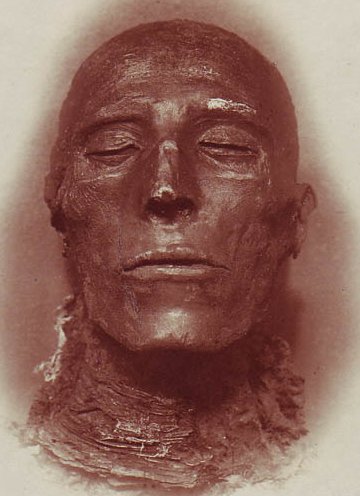

Most literary criticism of Bram Stoker’s Dracula is limited to treating the work as one of the more blatant examples of Victorian sexual repression. A few more adventurous critics are eager to play Freudian detective and speculate what the book reveals about the author’s possible sexual feelings for Sir Henry Irving or his alleged serial infidelity with East End prostitutes.
Rare is the literary critic who looks at the recurring theme throughout the book of the difficulty modern man faces in accepting the supernatural as reality.
From its first page to its last, this is what Stoker is most interested in shaping his story around. The book has become so ingrained in our culture that millions who have never read it have absorbed the gist of the plot from the past century of adaptations, rip-off’s, and parodies in film, television, theater, and books.
This is part of the reason why the concept is missed, but the greater reason is the one Stoker illustrates time and again in his book – we deliberately ignore what we can’t comfortably explain.
Stoker’s Dracula is a very modern novel. The author delights in presenting the latest gadgetry, scientific theory, and medical advancement (several of them were only in their pioneering stage at the time of publication) in sharp contrast with the Old World’s superstition which threatens to overwhelm the modern world’s fragile constructs at every turn of the page.
The story is initially told through the eyes of Jonathan Harker, a fine upstanding Anglican solicitor with a solid career path and a fiancée waiting to marry him once he returns home from his visit to Transylvania to conclude a real estate transaction with an Old World nobleman.
Harker’s journey is one he initially delights in as a superior modern Englishman. He has an eye for detail and loves the simple life of the European peasants who appear to have been forgotten by time. He only becomes at ill at ease when their Catholic iconography and belief in Satan as a tangible force of evil upsets his worldview.
TO CONTINUE READING THIS POST, PLEASE VISIT HERE


.jpg)
No comments:
Post a Comment